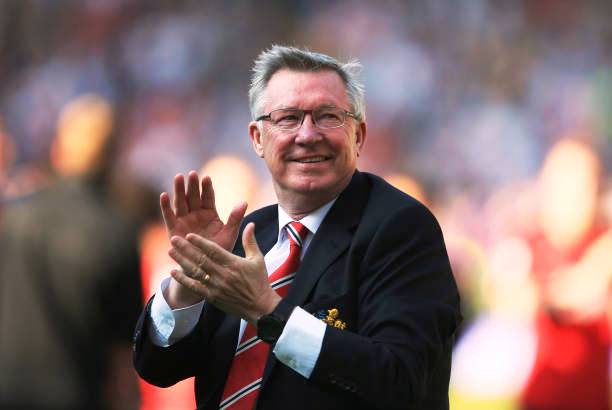
![]()
Manchester United's part-owners INEOS has broadened its extensive cost-cutting programme at the underperforming football giants by ending a multi-million pound annual commitment to the club icon Sir Alex Ferguson.
Following his exit as manager in 2013 after 26-years in which he won 38 trophies, the Scot had been retained as a global club ambassador and club director with an annual salary.
The Athletic reports United said their most successful ever manager signed an agreement in October 2013, in which he became an ambassador while received over £2m for his services which continued for over a decade.
Ferguson has remained a director on the board, which has appeared to be a largely ceremonial exercise for some time. It has previously featured the late Sir Bobby Charlton, former chief executive David Gill and non-executive director Michael Edelson.
INEOS is determined to reduce costs and reports in the Athletic say a face-to-face meeting at Old Trafford, INEOS founder and CEO Sir Jim Ratcliffe told Ferguson that the Red Devils are seeking to reduce costs and are no longer prepared to sustain previous payments.
United said that the matter has been dealt with amicably and that the Govon born great will remain a non-executive director.
The club’s majority owner, the Glazer family, has previously been satisfied to sanction payments to Ferguson with brothers Joel and Avram Glazer acknowledging the importance owed to Ferguson’s work and legacy following his retirement.
Sir Jim Ratcliffe has resolved to cut expenditure at Old Trafford since acquiring a 27.7% stake in Manchester United in February.
The 71-year-old Brit initially secured control of football operations but that was broadened to wider business and operational control following further talks with the Glazer family, who retain majority ownership.
Ratcliffe’s team informed staff in July that the club intended to slash 250 jobs, as part of a series of recommended cost-cutting measures by an outside consultancy firm
In the club’s most recent set of accounts, United must “realise annualized cost savings of approximately £40m to £45m, before implementation costs of £10m.”
The Athletic report cut backs such as the removal of credit cards and chauffeur-driven cars and the loss of jobs elsewhere in the business are evidence at an end of once obvious priviliges being no longer credible as the club strugglesto restore itself as a credible league title winner or being compeititive in Europe.